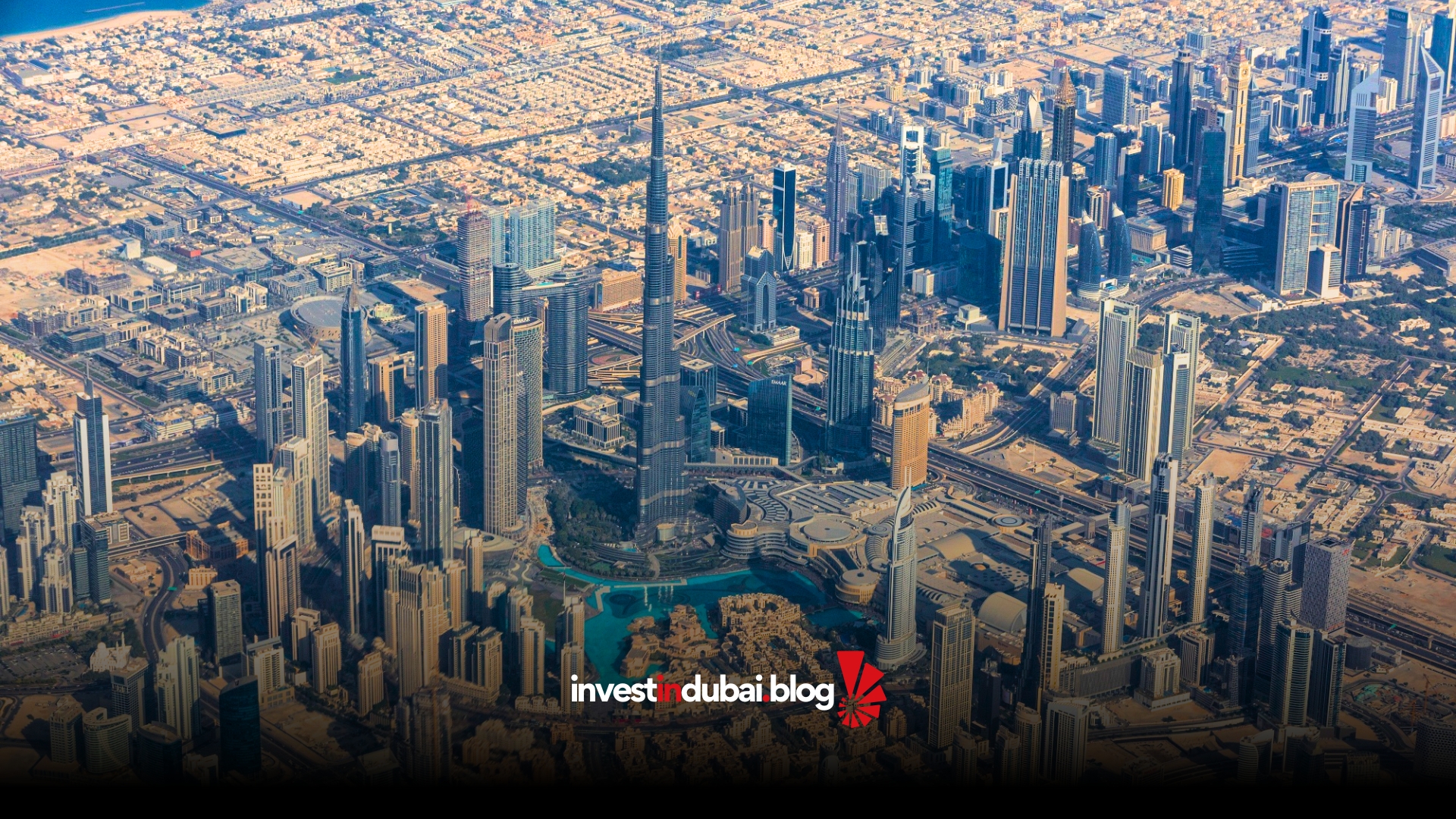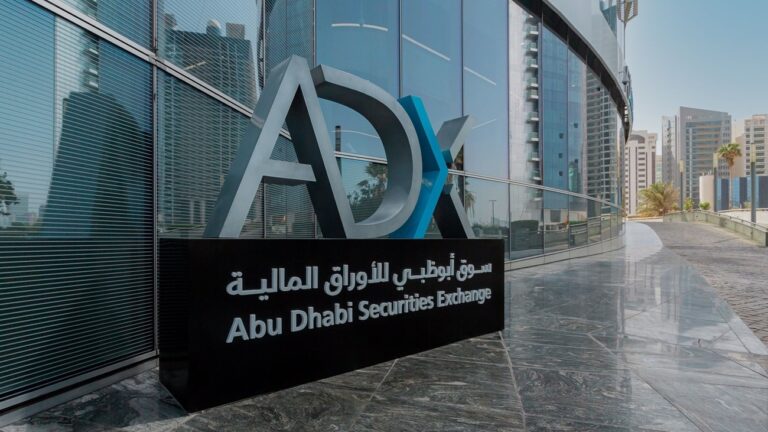
Dubai’s thriving economy, strategic location, and investor-friendly policies have made it a hotspot for foreign investments. If you’re considering venturing into the dynamic landscape of Dubai’s business world, it’s crucial to understand the legalities and regulations that govern foreign investments in dubai. In this comprehensive guide, we’ll take you through the key steps and considerations to ensure a successful investment journey in Dubai.
Thank you for reading this post, don't forget to subscribe!Dubai welcomes foreign investors with open arms, but a successful investment journey requires a comprehensive understanding of the legal landscape. Let’s dive into the details of each stage.
Understanding Dubai’s Investment Landscape
Dubai’s economic strength and diversification have attracted investors from around the world. Its strategic location as a bridge between East and West enhances its appeal as a business hub. As an investor, you have the choice between setting up in a free zone or the mainland. Free zones offer tax incentives and 100% ownership to foreign investors, while mainland businesses require a local partner.
Legal Structures for Foreign Investments
When setting up your business, you can choose from legal structures like Limited Liability Company (LLC), Free Zone Establishment (FZE), or a Branch Office. An LLC requires a local partner, while an FZE offers full ownership to a single shareholder. A branch office is an extension of a foreign parent company.
Registering Your Business
To start, you’ll need initial approvals from the Department of Economic Development (DED). This includes selecting a trade name and obtaining external approvals if your business falls within specific industries. Licensing and registration processes follow, varying based on your chosen legal structure.
Ownership and Shareholding
Ownership regulations depend on your chosen legal structure. While free zones offer full foreign ownership, mainland businesses require a local partner who holds at least 51% ownership. Certain sectors may have different ownership requirements.
Navigating Legal Procedures
Due diligence and documentation are critical. Prepare documents like Memorandum and Articles of Association, outlining business activities and operational details. These documents undergo notarization and translation before submission.
Taxation Laws and Benefits
Dubai’s network of Double Taxation Avoidance Agreements prevents double taxation for investors. Additionally, many free zones offer tax exemptions and incentives such as zero customs duty.
Employment and Labor Laws
Employment visas and work permits are necessary for your workforce. The process involves medical tests, Emirates ID registration, and visa stamping. Employee rights are protected under UAE labor laws.
Intellectual Property Rights
Protect your intellectual property by registering trademarks, patents, and copyrights. Dubai follows international standards for IP rights, ensuring your creations are safeguarded.
Dispute Resolution
In case of disputes, you can opt for local courts or international arbitration. Legal judgments can be enforced locally and internationally through treaties.
Real Estate Investment
Foreigners can invest in certain areas of Dubai’s real estate market. Regulations exist for property ownership, and thorough research is essential to make informed real estate investment decisions.
Exiting Your Investment
If you decide to exit your investment, proper procedures must be followed. Liquidation or selling your business requires compliance with legal obligations and clearing liabilities.
Staying Updated with Regulations
Dubai’s business landscape evolves, and regulations change. Stay informed about updates that might impact your business. Seeking legal advice is prudent to ensure compliance.
Conclusion
Dubai’s allure for foreign investors is undeniable, but success hinges on navigating the legalities and regulations adeptly. By understanding the intricacies of business setup, taxation, employment, and more, you can confidently venture into Dubai’s flourishing economy.




